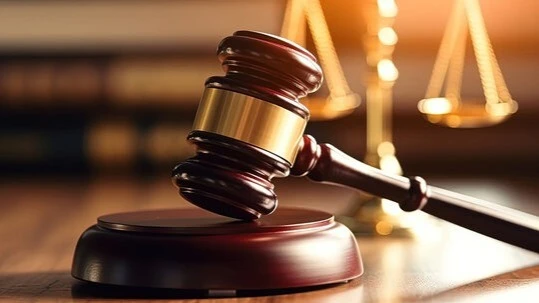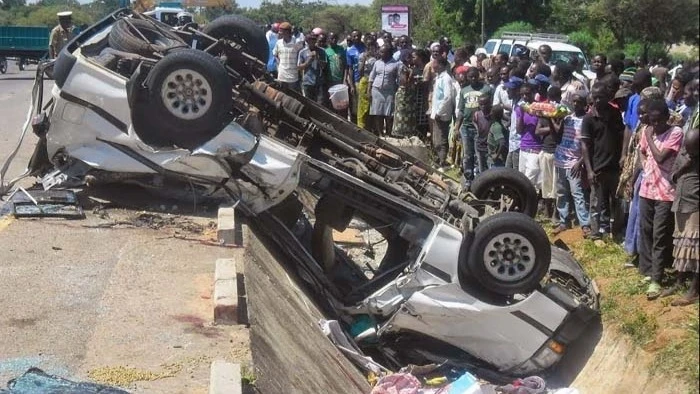CHRAGG concern vital; killings not part of drug enforcement law

INCIDENTS where law enforcement is being linked with the deaths of individuals under arrest are being heard again, and as in the past, an effort is being made by the Commission for Human Rights and Good Governance (CHRAGG) both on the Mainland and in Zanzibar make efforts to delve into the situation. As a state agency, the commission has the task of training the light on what really happened, and then to provide a legal case for institutional action. It can’t act on other state agencies but it can help in building up collective will to act, as state agencies can’t impose own ‘laws.’
The matter at hand is the need for investigating recent deaths of two individuals in Pemba North Region, where the Zanzibar wing of the commission has expressed sorrow over their deaths, both male, one aged 75 and the other 28. The deaths were reported as having taken place last month, to which the commission said in a statement towards the end of last week that the deaths constitute a violation of the right to life as outlined in Article 14 of the Constitution of the United Republic of Tanzania (1977) and Section 13(2) of the Zanzibar Constitution (1984). Clearly, law organs know all of this?
What some hardline officials in some law enforcement agencies may not realise is why it is important to uphold, not undermine, efforts of the Zanzibar and Union authorities to enhance security, peace and the safety of people and their properties. Some people don’t realise that in conducting shocking wrongdoing, they remove faith in public institutions among a section of the public. Routine contempt for the ‘small people’ gives some officials the belief that everything will always remain the same, whereas wisdom says peace is nurtured…
The basic facts that push investigations on the basis of the statement are fairly well known, that the two were initially taken by officers of the Zanzibar Drug Control Authority alive and well, on suspicion of involvement in bicycle theft and cannabis use. Surprisingly they were dead the following day, which the commission says the deaths constitute inhuman treatment, a clear constitutional violation. The murders represent a breach of the right to freedom and the right to live as a free person, equally reprehensible as constitutional breaches.
As the murders violate the principle of good governance, particularly the rule of law, the commission expressed its commitment to make an investigation into the sordid incident, as part of efforts to uphold good governance and the rule of law. The lingering question is the level of sympathy that public institutions, law enforcement agencies in particular, will have on these efforts; they look over the shoulder and notice plenty of approval for hardline techniques. Then death follows as an unfortunate outcome of methods that the law allows, what the Law of Evidence (1967) described as ‘confession to a policeman,’ by whatever methods that will be used. At times it is evident witness elimination occurs when enforcers see it fit to do so.
Top Headlines
© 2025 IPPMEDIA.COM. ALL RIGHTS RESERVED

















